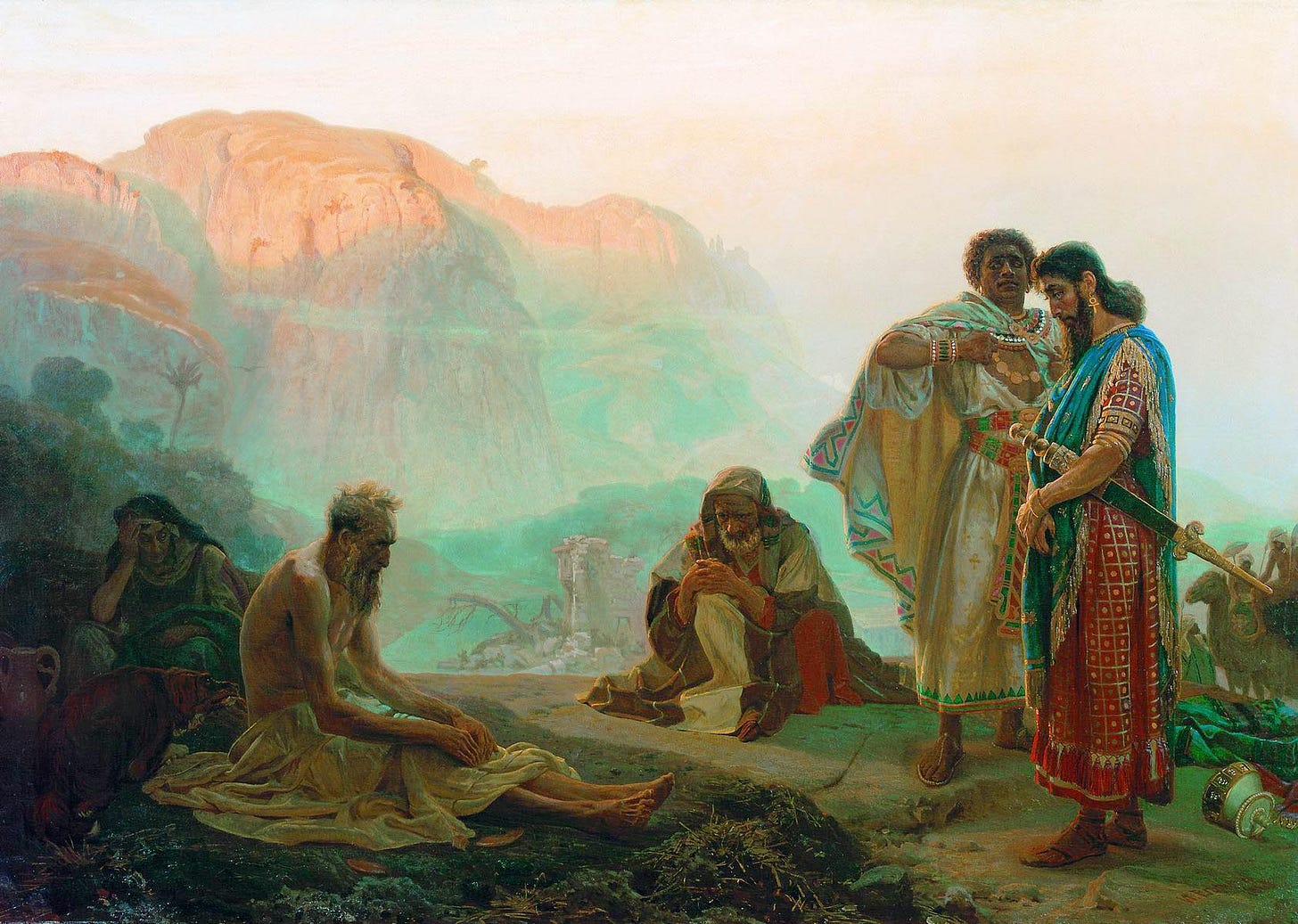
“Life is not always a matter of holding good cards, but sometimes, playing a poor hand well.” — Jack London, 1919
Let’s get something out of the way right up front: life isn’t fair.
You might do everything you can to prepare for something, but things still might turn out against you. That’s life.
This is where resilience comes into play. Finding the inner strength and the outer support to not only continue, but to learn and grow at the same time.
Episode 10: Resilience with Kat Cole
This week on Timeless Leadership, the topic is Resilience. More than persistence, resilience is about an inner strength we draw on and inspire in others. Our guest this week is Kat Cole, whose own resilience has driven her to the top of national and multinational brands. Learn what keeps her going even during difficult times, how the Ask-Answer-Act formu…
Keep reading with a 7-day free trial
Subscribe to Timeless & Timely to keep reading this post and get 7 days of free access to the full post archives.





